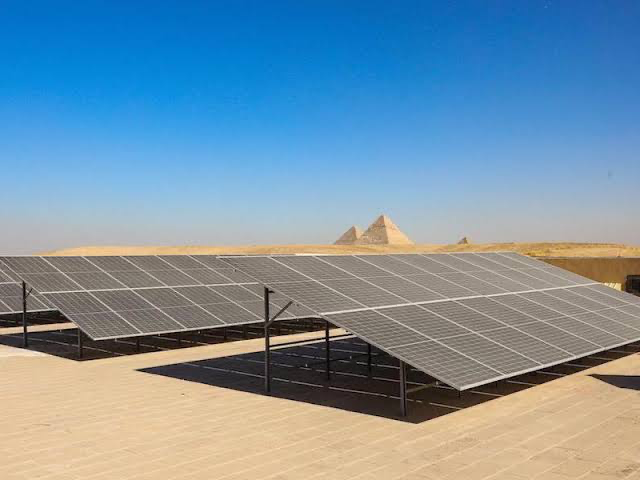Egypt will receive a $700 million finance package from the World Bank to boost its renewable energy sector and enhance electricity efficiency. This funding, announced as Development Policy Financing (DPF), aims to support Egypt’s shift toward private sector participation, improve macroeconomic resilience, and promote greener growth.
The DPF will help Egypt tackle short-term economic challenges while advancing structural reforms. These reforms aim to:
- Unleash private sector growth
- Build economic resilience
- Facilitate Egypt’s green transition by scaling up renewable energy and improving efficiency in the electricity, water, and sanitation sectors
The World Bank’s support is part of a larger $6 billion program announced in March 2024, designed to spur private sector growth, create jobs, enhance human capital outcomes, foster climate resilience, and strengthen economic management.
The DPF is the first in a series of three operations. It will advance key reforms, including:
- Strengthening governance for state-owned enterprises through a new legal framework for the State Ownership Policy
- Empowering the Egyptian Competition Authority to combat non-competitive mergers and acquisitions
- Enhancing domestic revenue mobilization by ensuring accurate payroll tax assessments
- Reducing electricity distribution system losses
- Improving climate adaptation capacity and financial sustainability in the water and sanitation sectors
- Scaling up renewable energy
- Establishing a regulatory framework for a voluntary carbon credit market
Dr. Rania A. Al-Mashat, Egypt’s Minister of International Cooperation and Governor at the World Bank emphasized the government’s commitment to ambitious economic and structural reforms. These reforms aim to create a more competitive, green, and private sector-led economy. “Through this budget support instrument, the DPF with the World Bank helps advance policy reforms on three of its top national priorities: building macro-fiscal resilience, enhancing economic competitiveness and improving the business environment, and supporting the green transition,” Al-Mashat said.
Stephane Guimbert, World Bank Country Director for Egypt, Yemen, and Djibouti, noted that the reforms supported by this operation are vital steps toward a more sustainable and inclusive economy. Of the $700 million in the current DPF, $200 million is contingent on complementary financing from development partners.
The DPF aligns with Egypt’s development priorities and national strategies, including the Sustainable Development Strategy Vision 2030, the State Ownership Policy, the National Climate Change Strategy 2050, and the Nexus of Water, Food, and Energy.
This significant investment from the World Bank underscores Egypt’s commitment to transitioning to a greener economy. By focusing on renewable energy and efficiency, Egypt aims to enhance its economic resilience and create a sustainable future. The World Bank’s support will be crucial in achieving these ambitious goals.
Source: ESI Africa



